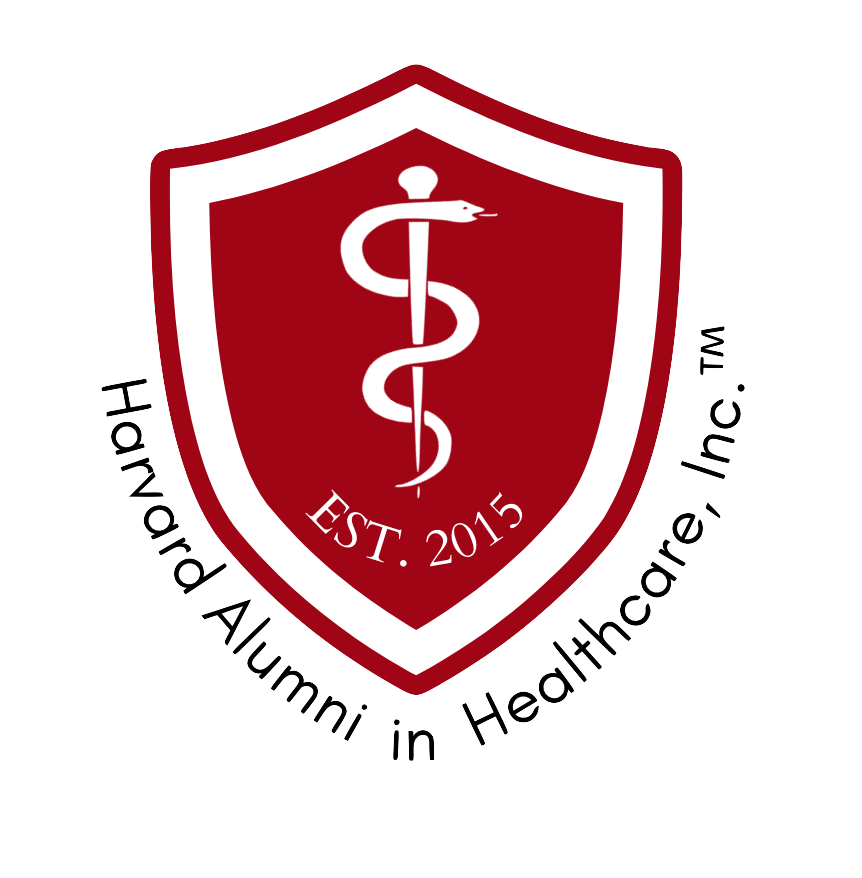Ann Cheung, AB 2009
The biggest advice I have for students considering medicine is to remember that medicine is very much a marathon, not a sprint. Even as I may be considered as relatively early in my training, I’ve learned that taking care of myself is super, super important. That doesn’t necessarily mean just eating and sleeping well, but also doing things important for my wellness.
It’s hard to see that when you’re in college and expected to do problem sets until three in the morning, but I really recommend doing what you need to do to make yourself feel normal. If that means keeping up with your hobbies that are not “scientific,” that’s totally okay. It took me a while to learn how to self-reflect, but what I’ve found is helpful is periodically checking in with myself and thinking if I am happy with what I am doing today. Taking time for introspection is super crucial, and there is always time for it.
In terms of concrete tips, I know people who journal or do gratitude journals, and for me, I like to work out a lot. When I work out, I try to take moments while exercising to reflect.
One of the happiest moments in my career was the day I found out I got into medical school. It was such a relief, a nice release, because it had taken many years of working towards that goal. I’m a non-traditional applicant, and I didn’t get in the first time around. Of course, that was a huge blow, especially for someone coming from a very overachieving school and background. My goal was to get into medical school and choose this career because I get to work with people in such an intimate way, and it’s so mission-driven. And because of all those struggles and challenges I faced in achieving this goal, it makes me feel that I cannot take medical school or my career for granted. It means I really take time to savor everything as if it is the last time I might be doing it.
I’m very much a kid at heart and very goofy. I like to be quirky, eccentric, and I’m lucky to be working in a field where that’s not only encouraged, but it’s also beloved. Pediatrics really fits me to a T and it’s great being able to bond with kids of all different ages. I also really love counseling my patients as they become adolescents and the parents, too. I’m specifically interested in pediatric hospitalist medicine because I love pediatric pathophysiology, and I also enjoy having intimate moments with the family in the hospital.
You’re there with them for almost 24 hours or longer, depending on how long the hospitalization is, and it’s a great opportunity to get to know the family very well and help them at this crisis point, to intervene and make sure that they don’t have to come back to the hospital again. I also enjoy teaching, and I want to continue to push myself and others to be better versions of themselves. In hospital medicine, I have the opportunity to connect with medical trainees and help them along their journey.
During this pandemic, we have been seeing lower rates of kids hospitalized in general, across the board, mostly because kids are staying indoors. This time of year usually, we would get lots of asthma and other upper respiratory infections like pneumonia. Unfortunately, we are seeing more trauma-related injuries from kids getting a bit of cabin fever and ending up with lacerations from jumping off the bed. We are also seeing greater rates of mental health issues like suicide attempts and cries for help from being cooped up at home with family and the lack of social connections. We are also unfortunately seeing greater rates of non-accidental trauma concerning for child abuse as people are at home and dealing with significant levels of stress.
Despite all of this, I am inspired by many of our patients who have been pushing for change. The adolescents have been advocating for themselves on policy issues, encouraging everyone to get registered to vote this past election and participate in the Black Lives Matter movement. I have great hope for our future that this will continue through the upcoming years.
Ann Cheung MD MBA MS
AB 2009 | Chemistry
Pediatrics Resident at University of California San Francisco, Benioff Children's Hospital Oakland
Interviewed and Compiled by Felicia Ho




